
Day 1 – Writing for Publication Workshop – 18 June 2024, 10am-4pm
This workshop covers a range of strategies: targeting a journal, writing to prompts, types of prompt for academic writing, ‘snack’ writing, goal-setting for writing, freewriting, generative writing, analysing academic writing in your field, criteria, writing an abstract, using prompts in series, outlining, dealing with reviewers’ feedback, writing groups, micro-groups and retreats. Many of these can be used to prepare for a concentrated spell of writing at a writing retreat – which follows tomorrow. This is a practical workshop. The aim of the writing activities in this workshop is to let you try these strategies and consider how/if/where/when they could fit into your writing practice. You can use these to write for your article during the workshop, and you have a day’s writing to develop it tomorrow.
Day 2 – Writing Retreat – 19 June, 9am-4pm
Aims – To provide dedicated writing time and develop productive writing practices.
Format
This structured retreat uses the ‘typing pool’ model. We all write at the same time, for fixed time slots, using goal-setting and peer and self-monitoring for our individual writing projects. Because we all write together, we can discuss our goals at the start and end of the day (10-15 minutes). Almost all the retreat time is writing time, with regular breaks.
Learning objectives
1. Understand the Structured Writing Retreat model.
2. Structure a writing day.
3. Maintain well-being during intensive periods of writing.
Day 3 – Free Writing Day
8.45am – 9.00am Tea/Coffee
9.00am – 4.30pm Free Writing
1.00pm – 2.00pm Lunch (not provided)
Focused free writing follows the same process but begins with a topic:
• Put a topic of your choice, or even the topic of your next paper, at the top of a blank page.
• Set a time limit and begin free writing. This time, write down things that seem to be related to the topic. Do not worry about order of ideas or grammatical correctness. Don’t worry if the ideas seem to be digressions.
• When time is up, look over what you have written. Pull out ideas and phrases you can use later.
• Practice putting the free writing into outline form. If you were to use the writing to begin a paper, which points would you make first? Second?
Book your place here under ‘Writing Academy’ – 18/06/2024 to 20/06/2024’ in the drop-down menu.
For any queries regarding this workshop, please contact RKE Development Framework
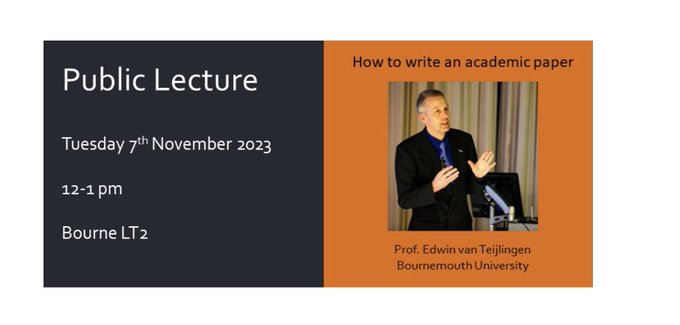 Professor Edwin van Teijlingen in the Centre for Midwifery & Women’s Health (CMWH) has been invited to speak at Royal Holloway, University of London, about writing an academic paper. His public lecture will be coming Tuesday lunch time in the appropriately named ‘Bourne Lecture Theatre’ at Royal Holloway. Prof. van Teijlingen, together with several Bournemouth University (BU) colleagues, has published a text book [1], several book chapters [2-18] and a large number of papers [19-38] about a wide-range of aspects of academic writing and publishing. One of former BU academics, who co-authored a book chapter [10], and two papers [21, 25], is Dr. Preeti Mahato. She is Lecturer in Global Health at Royal Holloway as well as Visiting Faculty in BU’s Faculty of Health & Social Sciences.
Professor Edwin van Teijlingen in the Centre for Midwifery & Women’s Health (CMWH) has been invited to speak at Royal Holloway, University of London, about writing an academic paper. His public lecture will be coming Tuesday lunch time in the appropriately named ‘Bourne Lecture Theatre’ at Royal Holloway. Prof. van Teijlingen, together with several Bournemouth University (BU) colleagues, has published a text book [1], several book chapters [2-18] and a large number of papers [19-38] about a wide-range of aspects of academic writing and publishing. One of former BU academics, who co-authored a book chapter [10], and two papers [21, 25], is Dr. Preeti Mahato. She is Lecturer in Global Health at Royal Holloway as well as Visiting Faculty in BU’s Faculty of Health & Social Sciences.
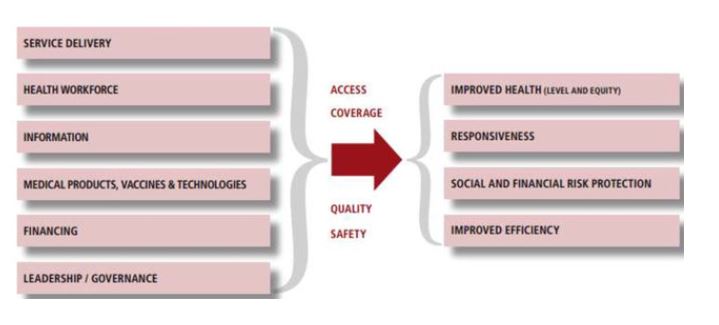
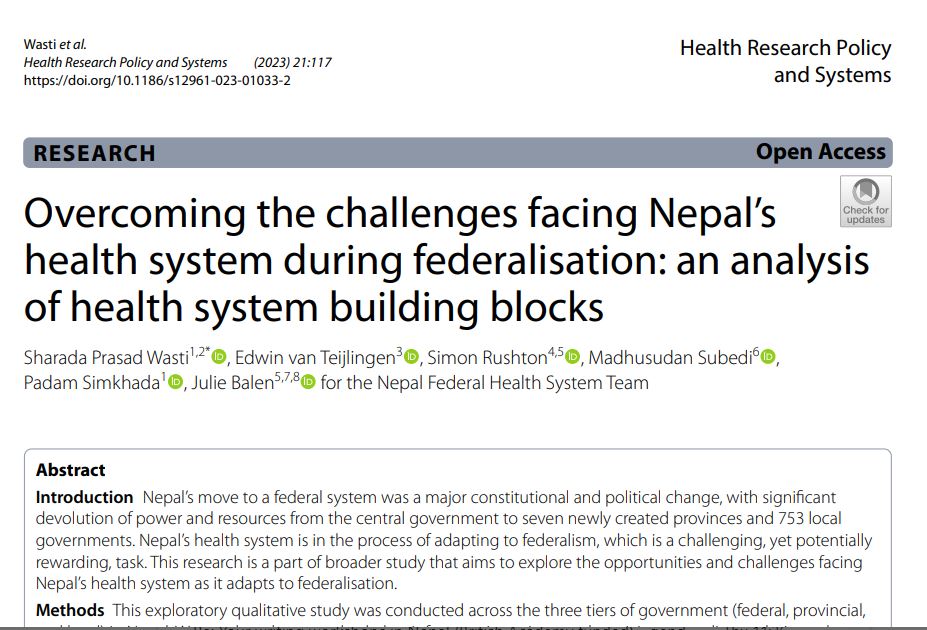
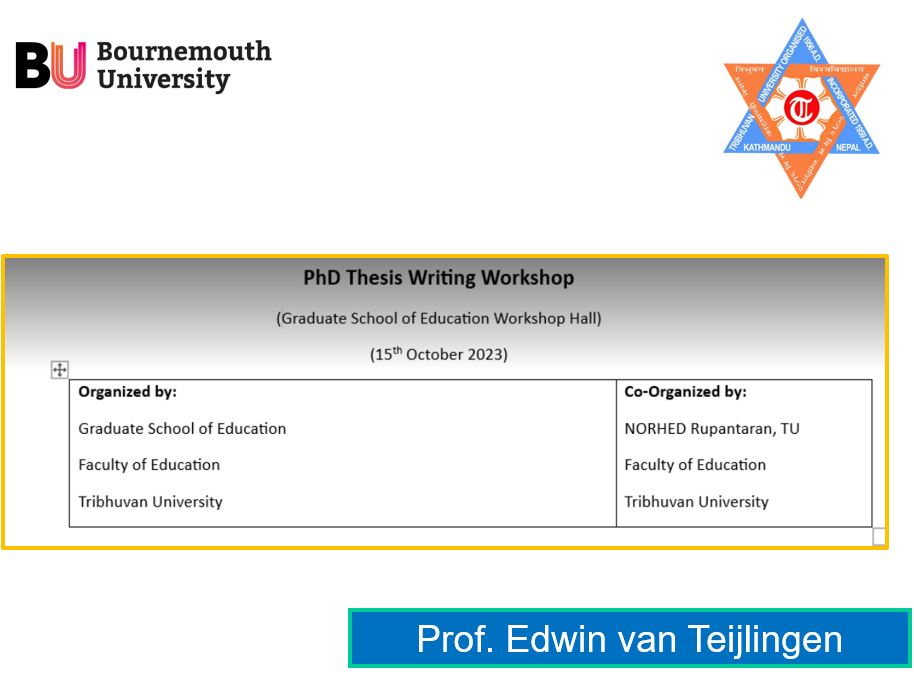

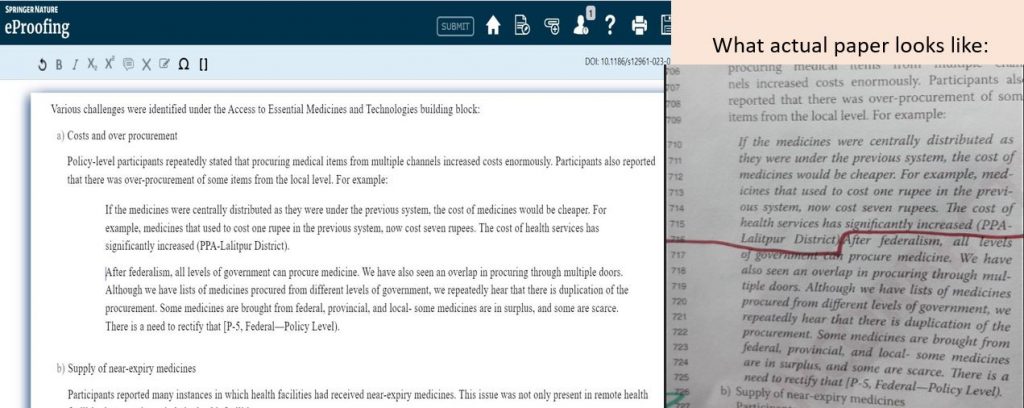
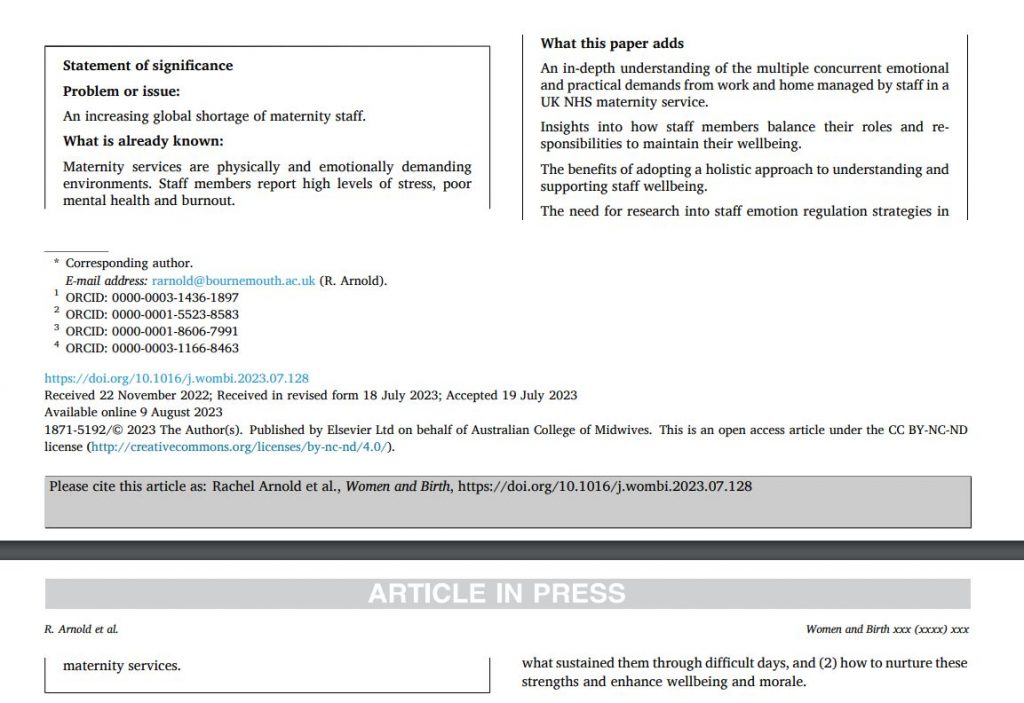
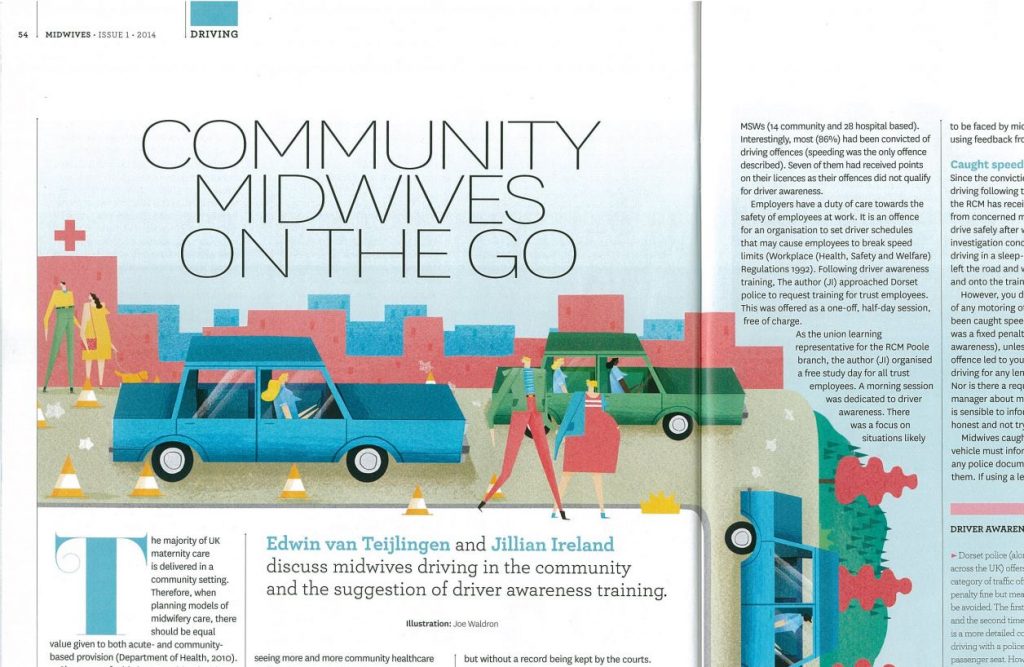

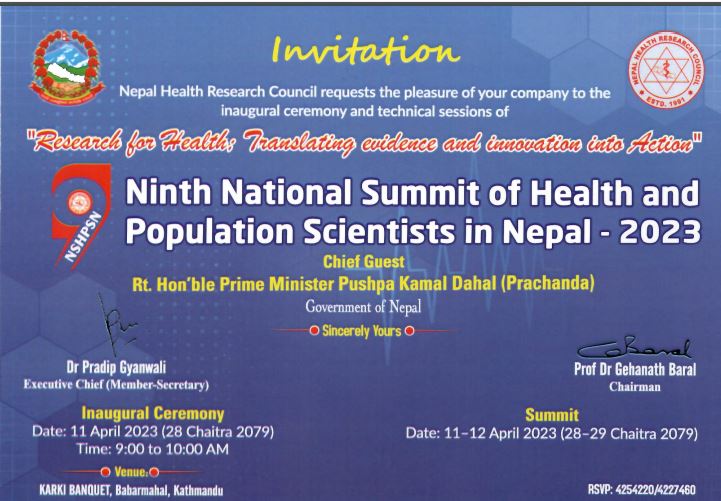
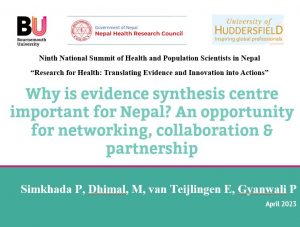
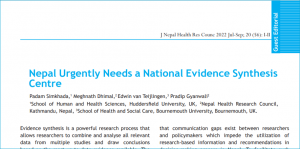


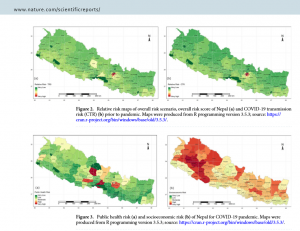
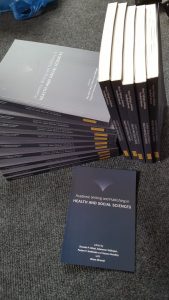

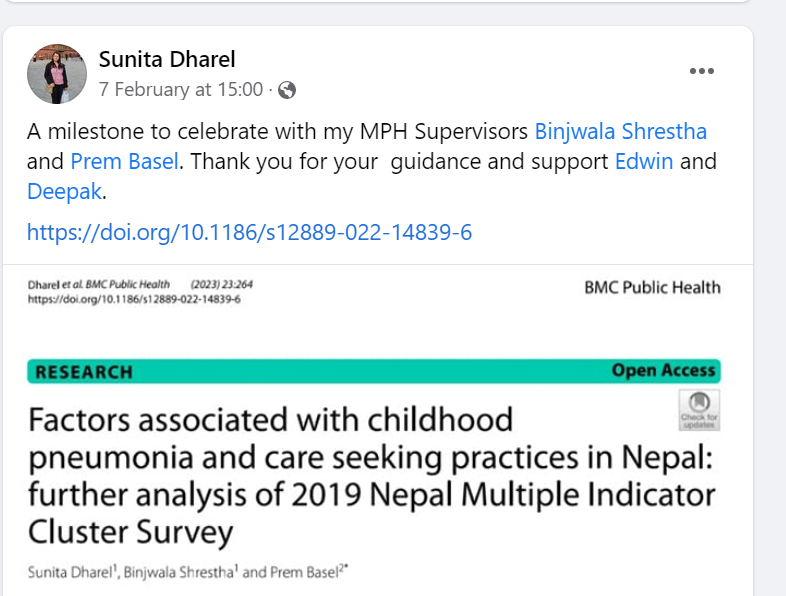
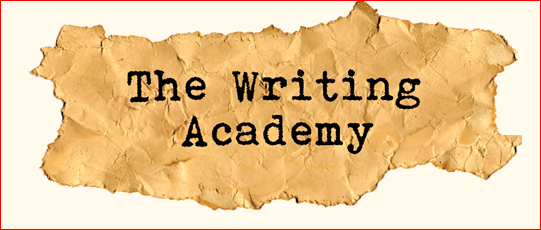

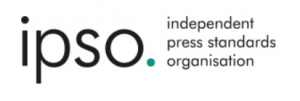
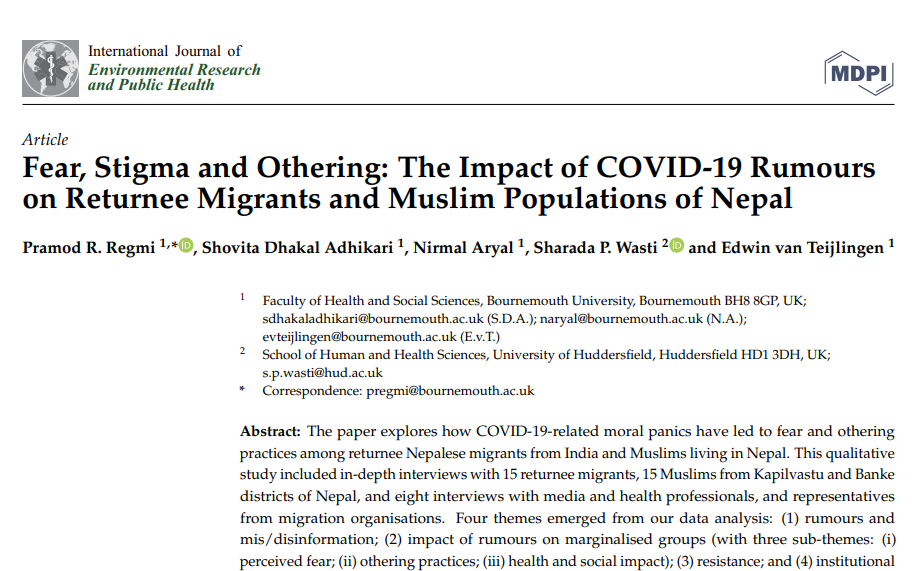
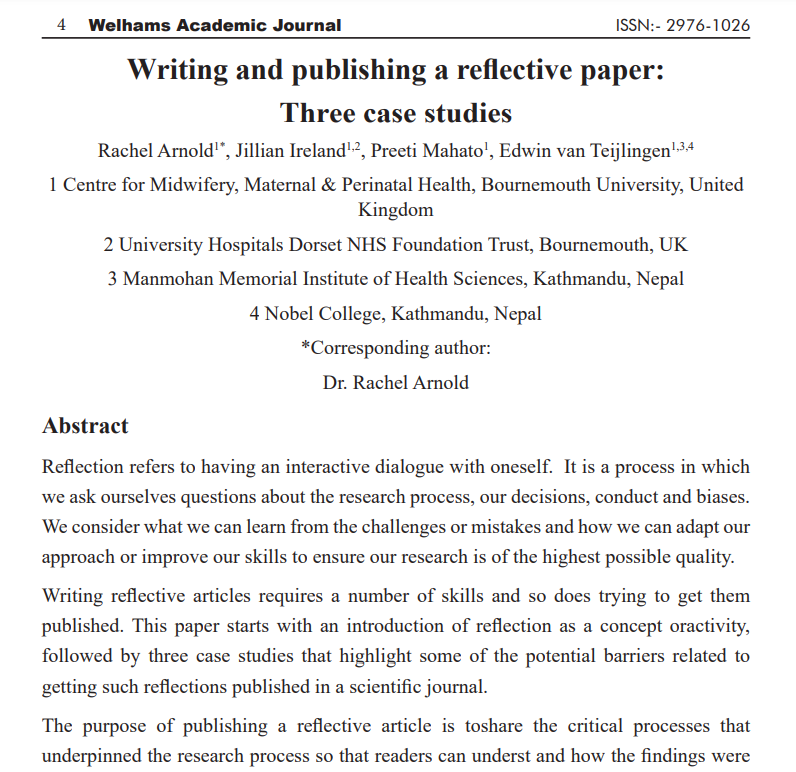


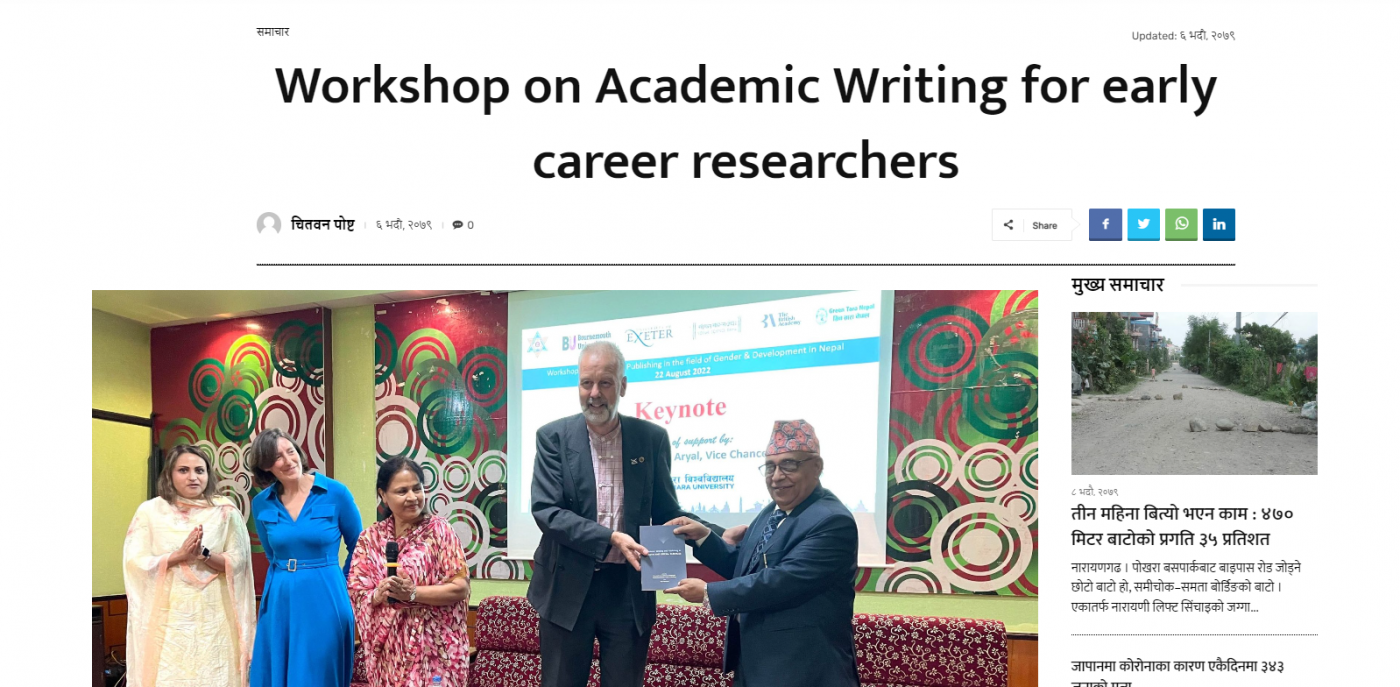
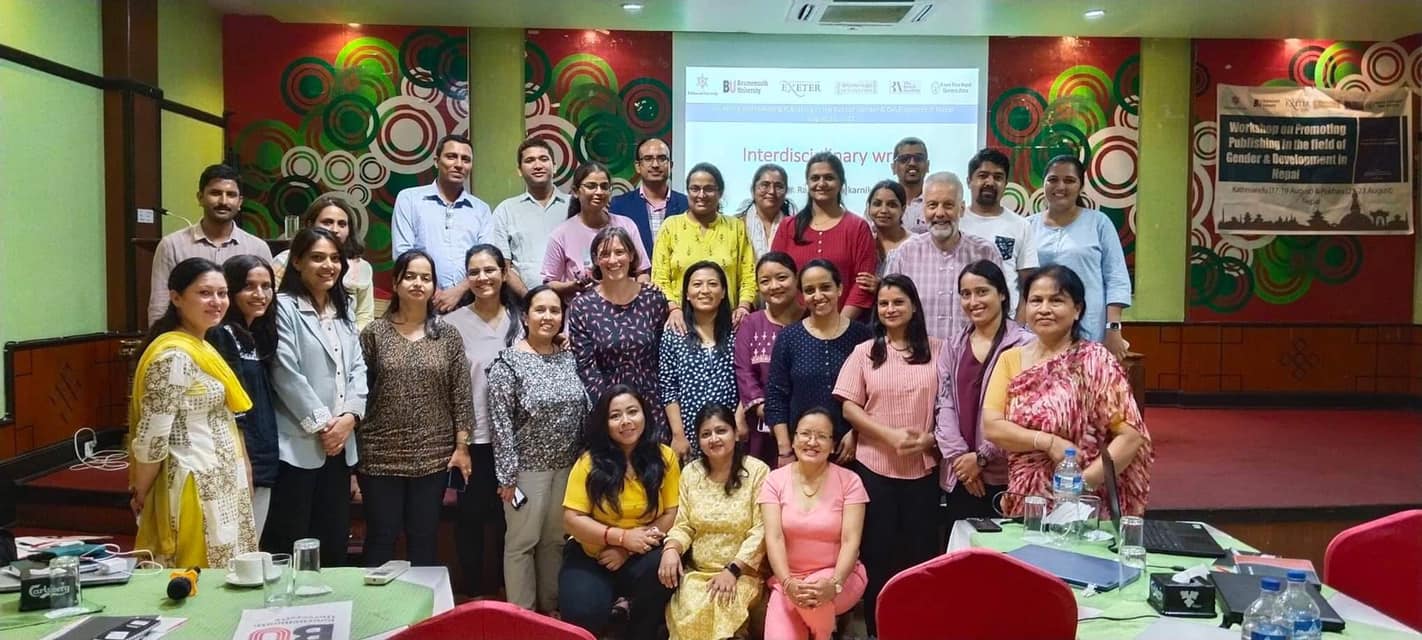
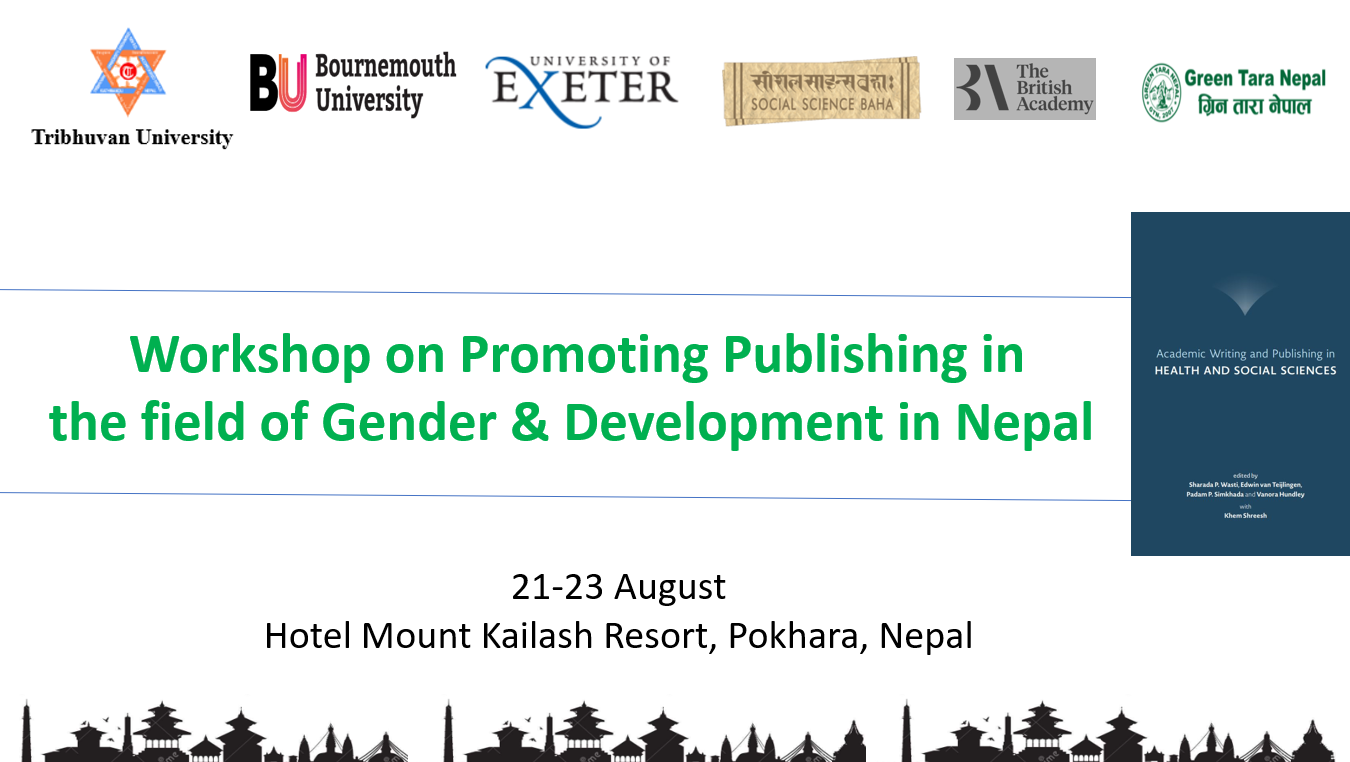
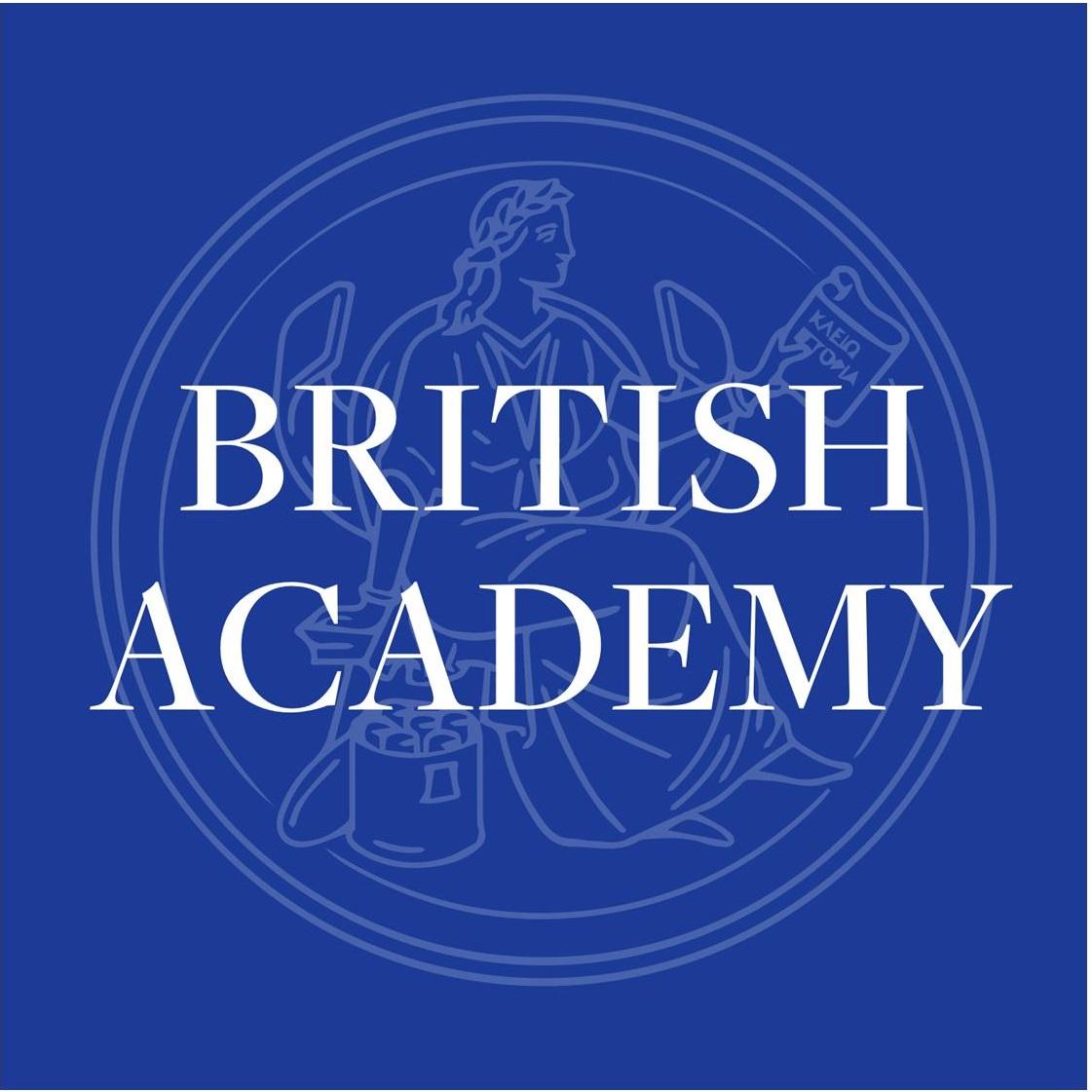
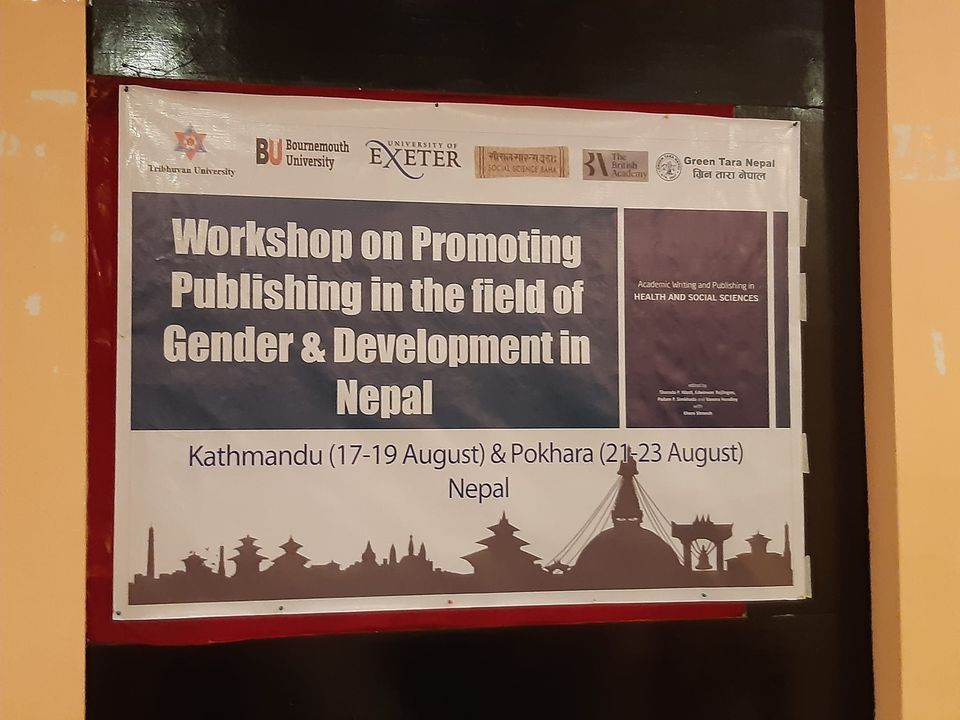
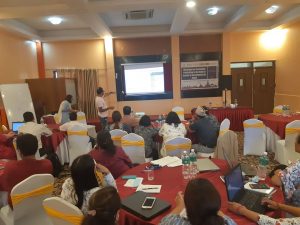



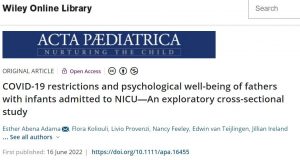
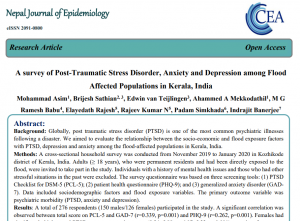



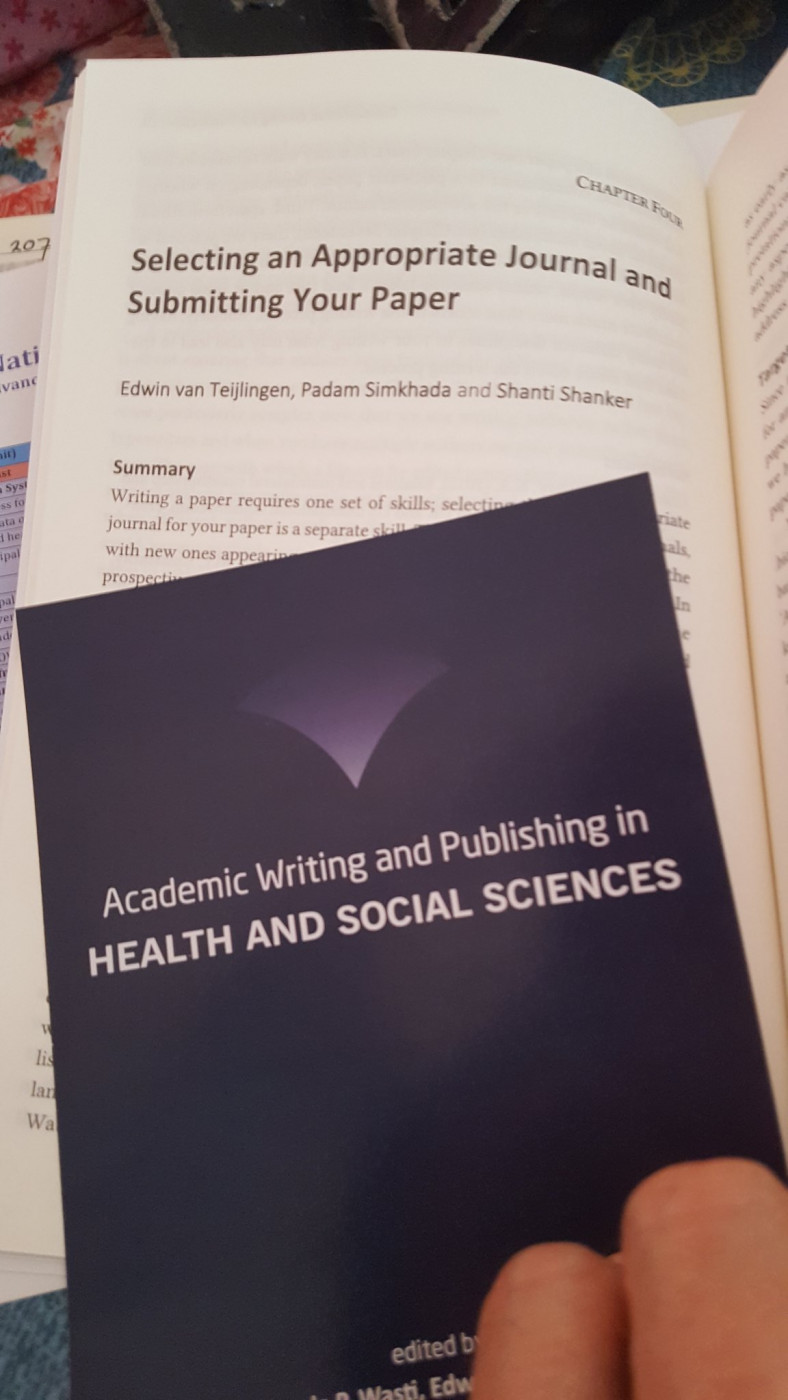
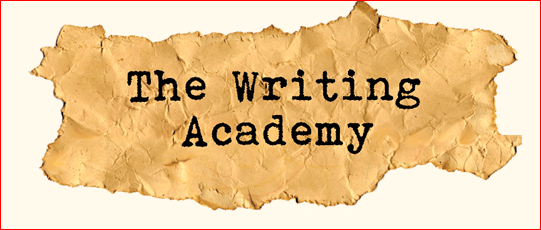











 Conversation article: London Marathon – how visually impaired people run
Conversation article: London Marathon – how visually impaired people run Horizon Europe News – December 2023
Horizon Europe News – December 2023